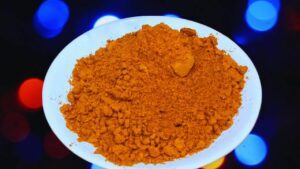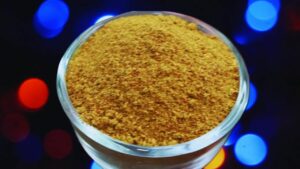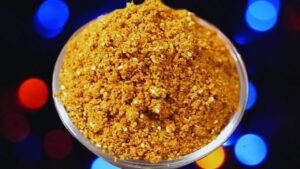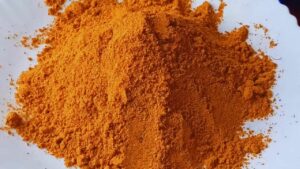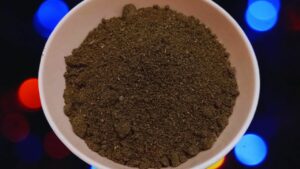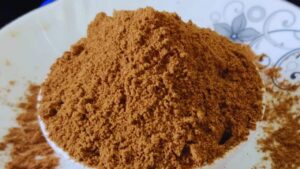Embark on a flavorful journey with my anardana powder recipe, unlocking the essence of pomegranate seeds in a convenient powdered form.
Elevate your culinary creations as I guide you through a simple step-by-step process to craft this aromatic spice at home.
From selecting the finest pomegranates to mastering the art of roasting, grinding, and storing, our expert tips ensure a delightful outcome.
Uncover the secrets of pomegranate powder and add a burst of tangy goodness to your dishes.
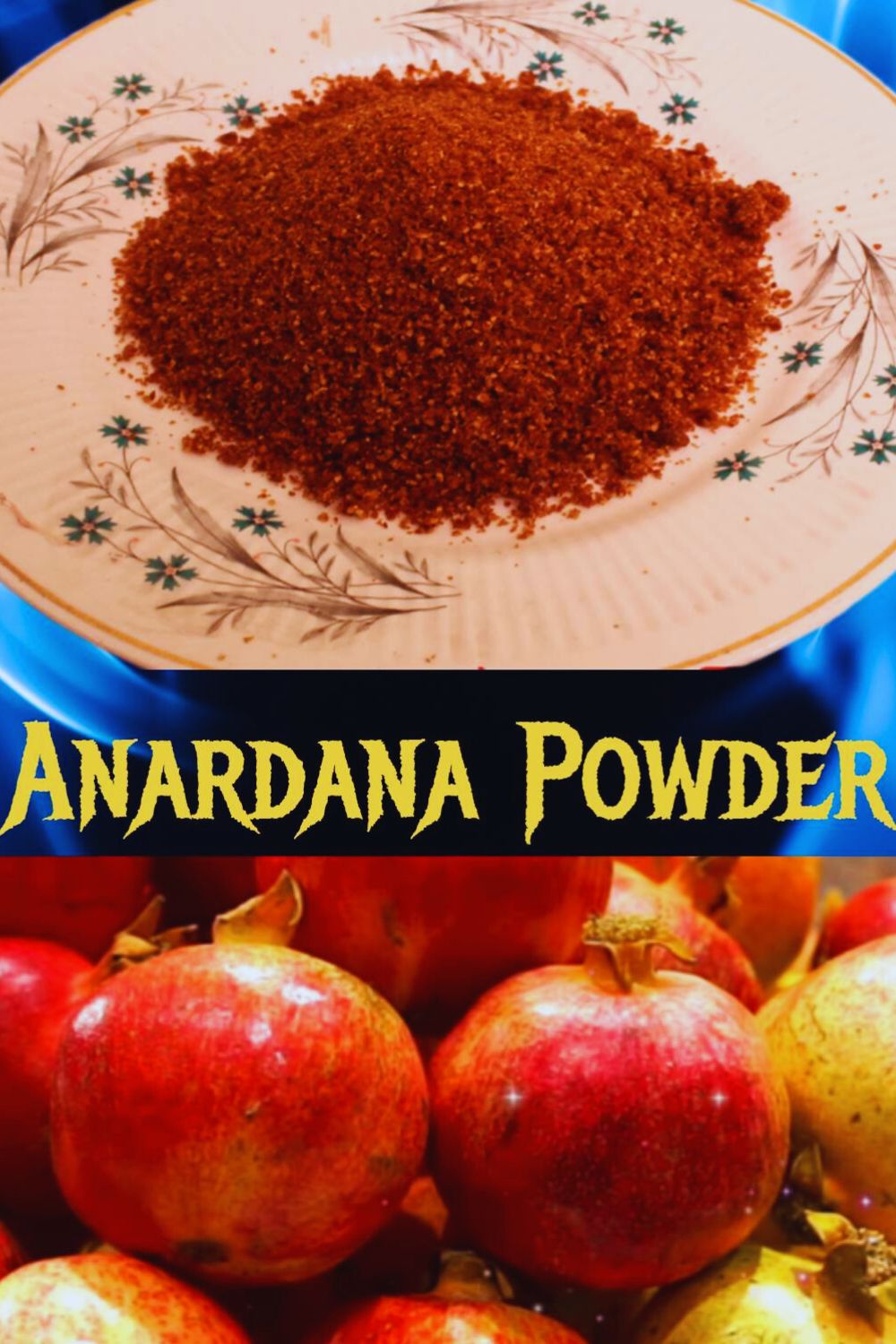
KEY TAKEAWAYS
- Dive into the world of anardana powder, a spice derived from roasted pomegranate seeds, adding a unique blend of tartness and sweetness to your culinary creations.
- Follow the step-by-step guide with images to create your homemade anardana powder, from deseeding pomegranates to expert roasting and grinding tips, ensuring a delightful and aromatic outcome.
- Master the art of anardana powder preparation with pro tips, including the use of parchment paper, low and slow roasting, and intermittent grinding for optimal texture and flavor.
- Safeguard the freshness of your anardana powder by storing it in an airtight container, away from heat and light, with regular checks to maintain its quality over time.
- Explore the myriad uses of anardana powder in curries, chutneys, marinades, salads, and more, discovering its ability to elevate the taste profile of diverse dishes with its tangy and fruity notes.
How to Make Anardana Powder? (Step by Step Guide with Images)
Step 1: Take 2 or 3 pomegranates and deseed them. Wash the pomegranate seeds and put them on a paper towel. Use a fork or spoon to spread then evenly. After 10 minutes or so, the water will be absorbed by the paper towel.
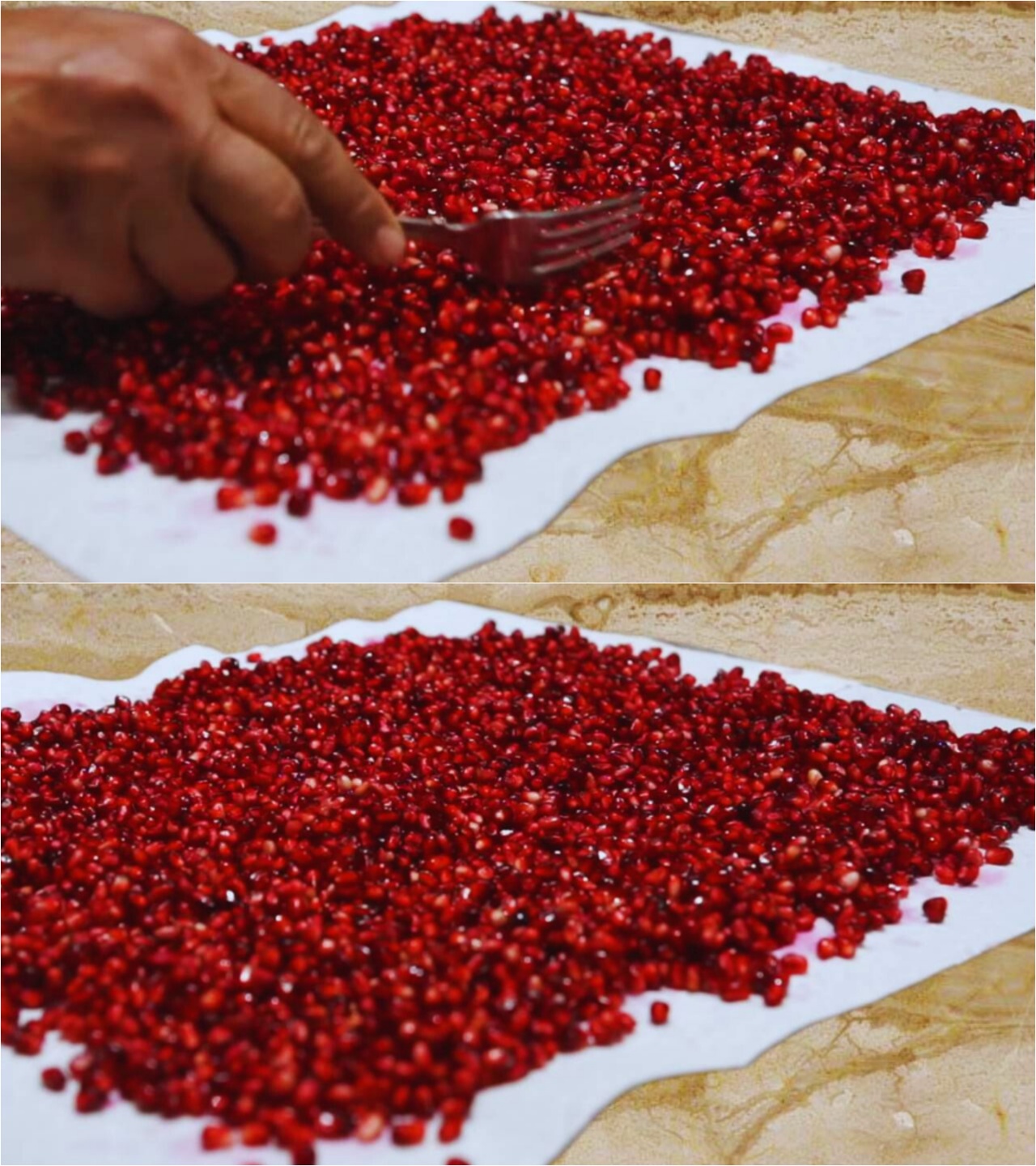
(Expert tip: For better removal of the moisture from the seeds transfer them to another set of paper towels, spread them evenly, and let them sit for another 10 to 15 minutes).
Step 2: After the water is soaked completely, take the tray of your oven, lay down parchment paper nicely, and put the pomegranate seeds on the tray.
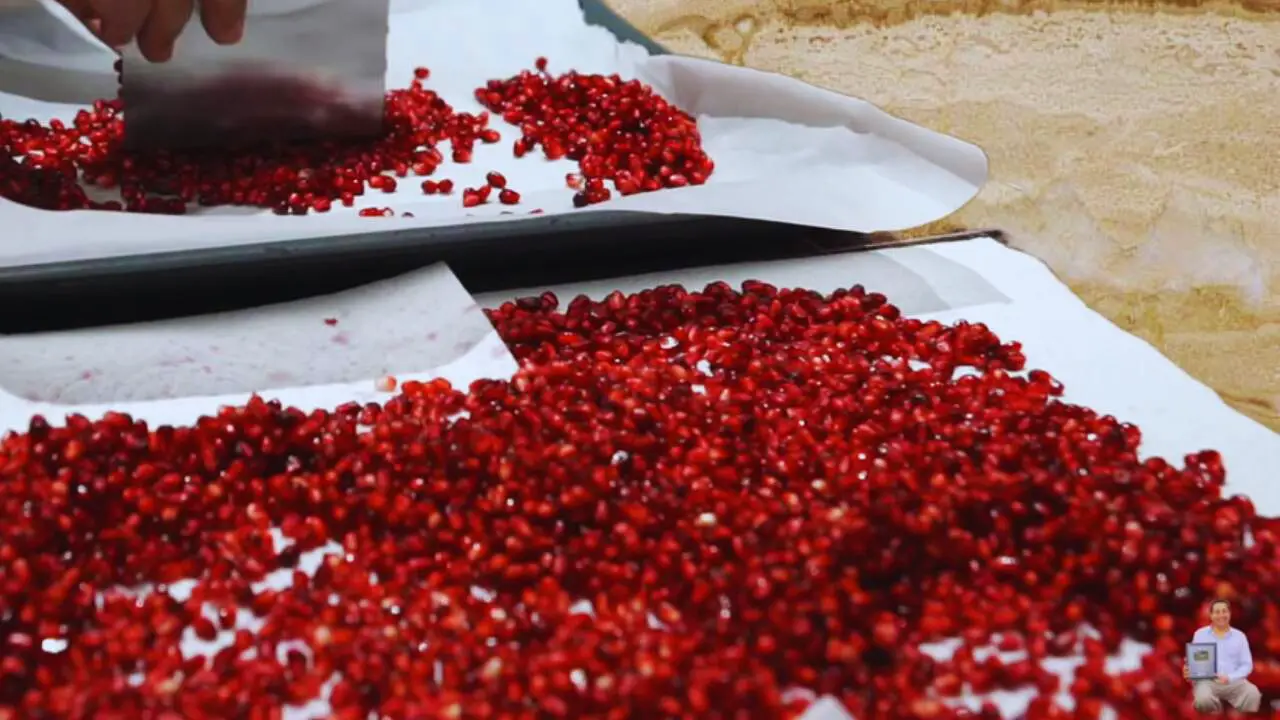
(Expert tip: Putting a parchment paper on the tray is a good practice. It will save you from the hassle of scraping the seeds sticking to the tray).
Step 3: Now, set your oven at its lowest temperature or within the range of 150 to 170 degrees Fahrenheit, and roast the pomegranate seeds. It will take about 4 to 5 hours. When the pomegranate seeds are cool enough, transfer them to your grinder.
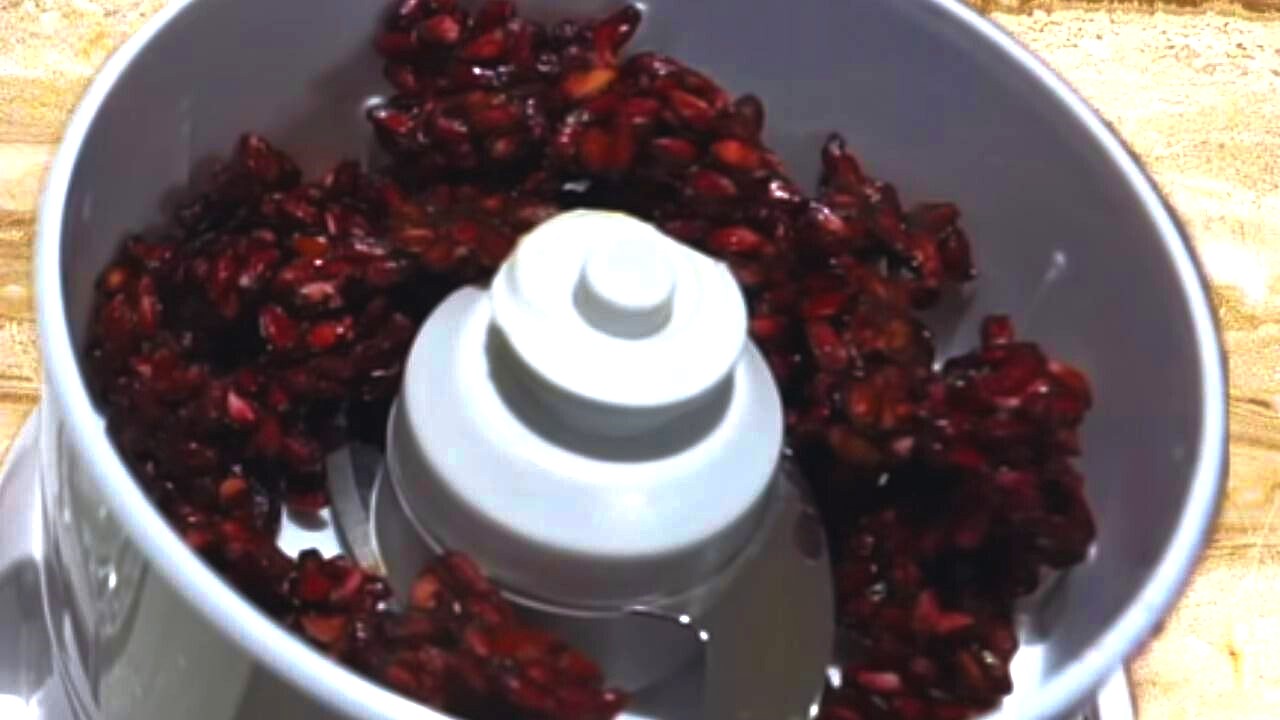
(Expert tip: If you do not have a microwave oven, or if you want to make your anardana powder quickly, you can dry roast the pomegranate seeds in a frying pan on a low flame on your gas stove as well).
Step 4: Grind them to a fine powder. If you want a finer and smoother texture, grind the seeds a couple of times.
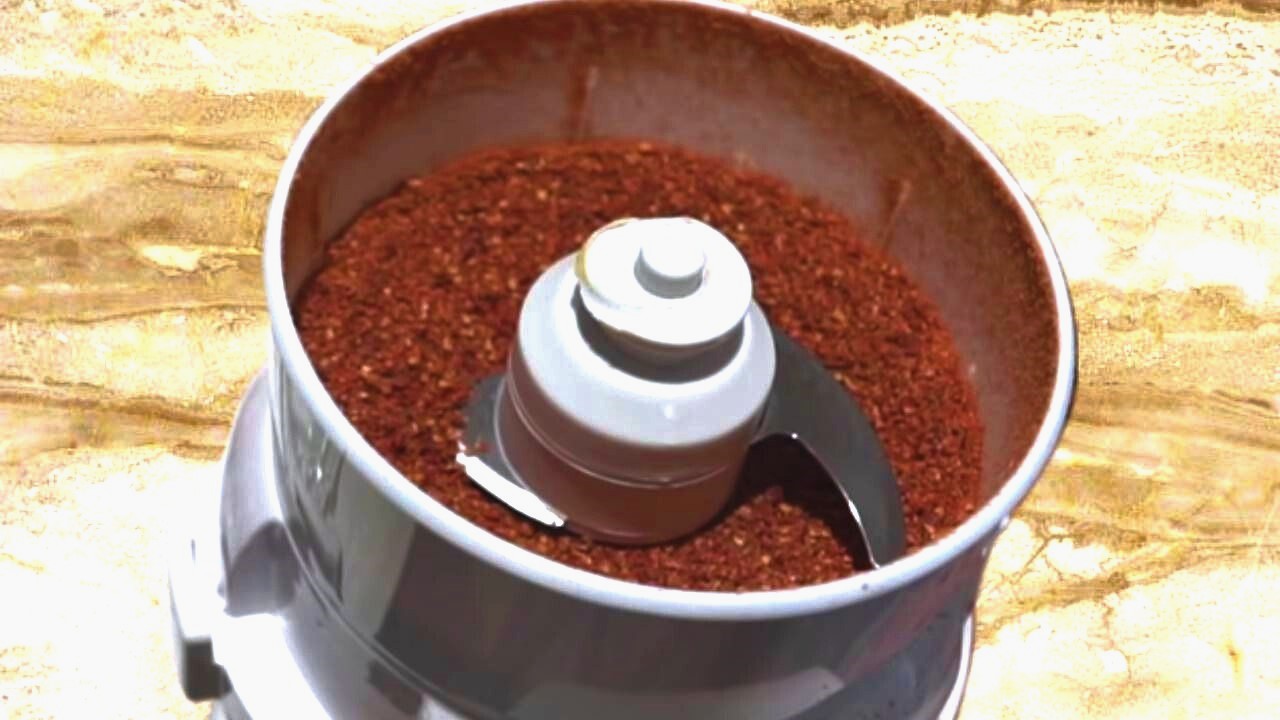
(Expert tip: Grind the pomegranate seeds intermittently. This will prevent heat generated by the rotating motor and clumping of the powder).
Step 5: Finally, when you are happy with the texture of the ground pomegranate seeds, transfer them from the grinder to a plate and your homemade pomegranate or anardana powder is ready to be consumed.
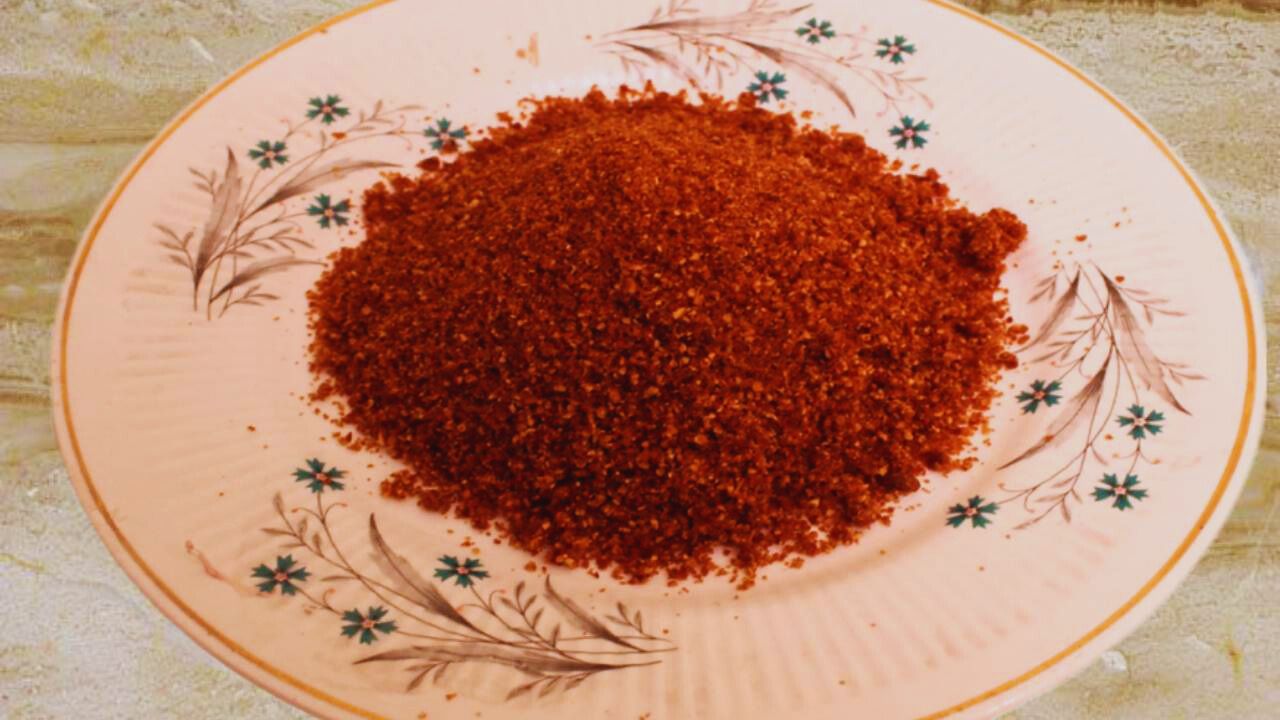
Pro Tips for Making Anardana Powder
Choose Ripe Pomegranates: Opt for fully ripe pomegranates for a richer flavor profile in your anardana powder.
Patience is Key: Allow ample time for the pomegranate seeds to air-dry on paper towels, ensuring a successful roasting process.
Use Parchment Paper: Line your oven tray with parchment paper to prevent the seeds from sticking, making the cleanup process hassle-free.
Low and Slow Roasting: Roast the pomegranate seeds at the lowest oven temperature for 4 to 5 hours to preserve the delicate flavors.
Alternate Roasting Method: If time is of the essence, dry roast the seeds in a pan on low flame as an efficient alternative to oven roasting.
Cool Before Grinding: Ensure the roasted seeds are completely cool before transferring them to the grinder to maintain the powder’s quality.
Intermittent Grinding: Grind the pomegranate seeds intermittently to prevent overheating and clumping, resulting in a smoother texture.
Multiple Grind Sessions: For a finer texture, grind the seeds a couple of times, achieving the desired consistency in your anardana powder.
Grind in Batches: If processing a large quantity of seeds, grind them in smaller batches to maintain control over the texture and avoid uneven results.
Anardana Powder Storing Tips
Airtight Container: Transfer your freshly made anardana powder to an airtight container to shield it from moisture, air, and light, preserving its potency.
Cool, Dark Place: Store the container in a cool, dark cupboard or pantry. Exposure to sunlight can degrade the quality of the powder over time.
Avoid Heat: Keep the anardana powder away from heat sources such as stoves or ovens, as excessive heat can compromise its flavor and freshness.
Minimal Air Exposure: Each time you open the container, do so quickly to minimize air exposure. This helps in maintaining the powder’s aromatic qualities for an extended period.
How Does Anardana Powder Taste?
Anardana powder boasts a unique and distinctive taste, characterized by its delightful combination of tartness and sweetness.
Derived from roasted and ground pomegranate seeds, this spice adds a tangy and slightly fruity flavor to dishes.
The powder contributes a zesty kick, making it a versatile ingredient in both savory and sweet culinary creations.
Its nuanced taste elevates a variety of dishes, adding a layer of complexity and depth that enhances the overall dining experience.
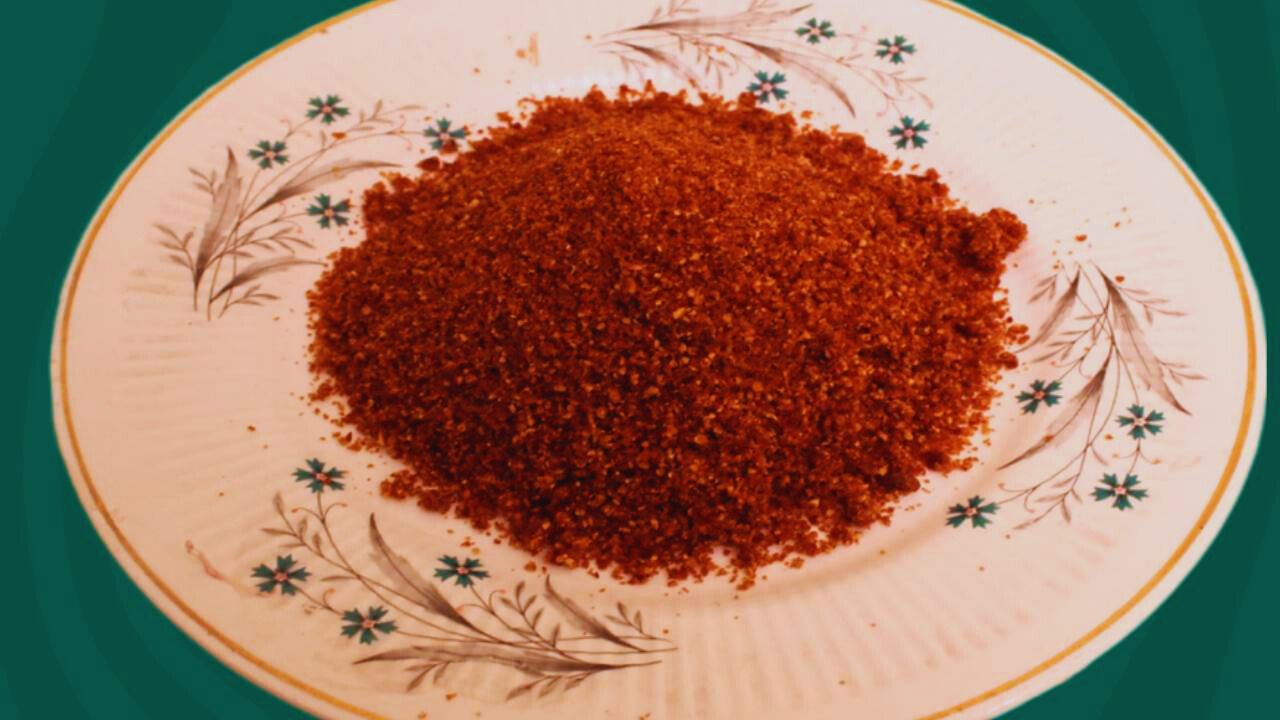
Anardana Powder Alternatives
The following alternatives not only resemble the tartness of anardana powder but also contribute unique flavors, allowing you to adapt recipes while maintaining a delightful taste profile.
What Dishes Can Anardana Powder be Used in?
Curries and Gravies: Enhance the depth of flavor in vegetable curries, lentil dishes, and meat gravies with a pinch of anardana powder.
Chutneys and Sauces: Incorporate anardana powder into chutneys and sauces for a zesty kick that complements the sweetness of fruits or the richness of yogurt-based condiments.
Marinades for Meats: Use ANARDANA POWDER in marinades for meats, whether grilling, roasting, or barbecuing, to infuse a delightful tartness.
Stuffed Vegetables: Elevate stuffed vegetable dishes, such as stuffed bell peppers or brinjals, by incorporating anardana powder for a burst of tangy flavor.
Rice Dishes: Sprinkle anardana powder over different rice dishes to impart a citrusy note that enhances the overall taste profile.
Salads: Add a unique twist to salads by including anardana powder in dressings, providing a refreshing and tangy element to leafy greens and vegetables.
Snacks and Chaats: Elevate street food favorites like chaats or spiced snacks by dusting them with anardana powder, enhancing the overall taste experience.
Breads and Flatbreads: Incorporate anardana powder into doughs for bread or flatbreads to impart a delightful tartness, creating a distinctive and flavorful result.
Recipe Card
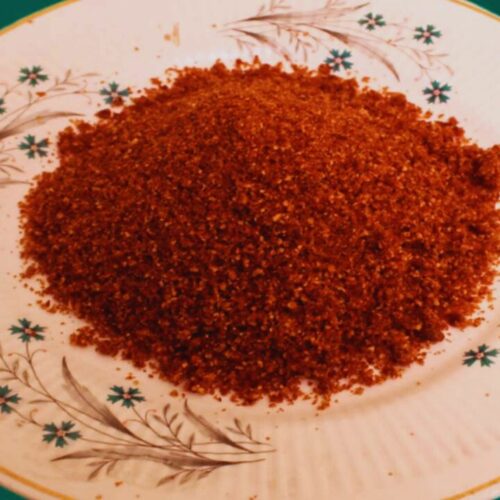
Anardana Powder | Pomegranate Powder
Ingredients
- 2 pieces Pomegranate
Instructions
- Begin by taking 2 pomegranates and removing the seeds. Rinse the seeds and place them on a paper towel. Use a fork or spoon to spread them evenly. After about 10 minutes, the paper towel will absorb the water.
- Once the water is completely absorbed, take an oven tray, line it with parchment paper, and place the pomegranate seeds on it.
- Set your oven to its lowest temperature or within the range of 150 to 170 degrees Fahrenheit. Roast the pomegranate seeds for about 4 to 5 hours. Once cool, transfer the roasted seeds to a grinder.
- Grind the seeds into a fine powder. For a smoother texture, grind the seeds a couple of times.
- When satisfied with the texture, transfer the ground pomegranate seeds from the grinder to a plate. Your homemade pomegranate or anardana powder is now ready to be used and enjoyed.
Notes
Nutrition Info (Estimation Only)
Conclusion
In conclusion, anardana powder emerges as the secret ingredient to infuse your dishes with a burst of unique flavor.
Elevate your culinary repertoire with this homemade spice, unlocking a world of delightful possibilities in every bite.

